After two intense, inspiring years, my two-year journey with the Master of Arts Screen: Business (MASB) at AFTRS has come to an end.
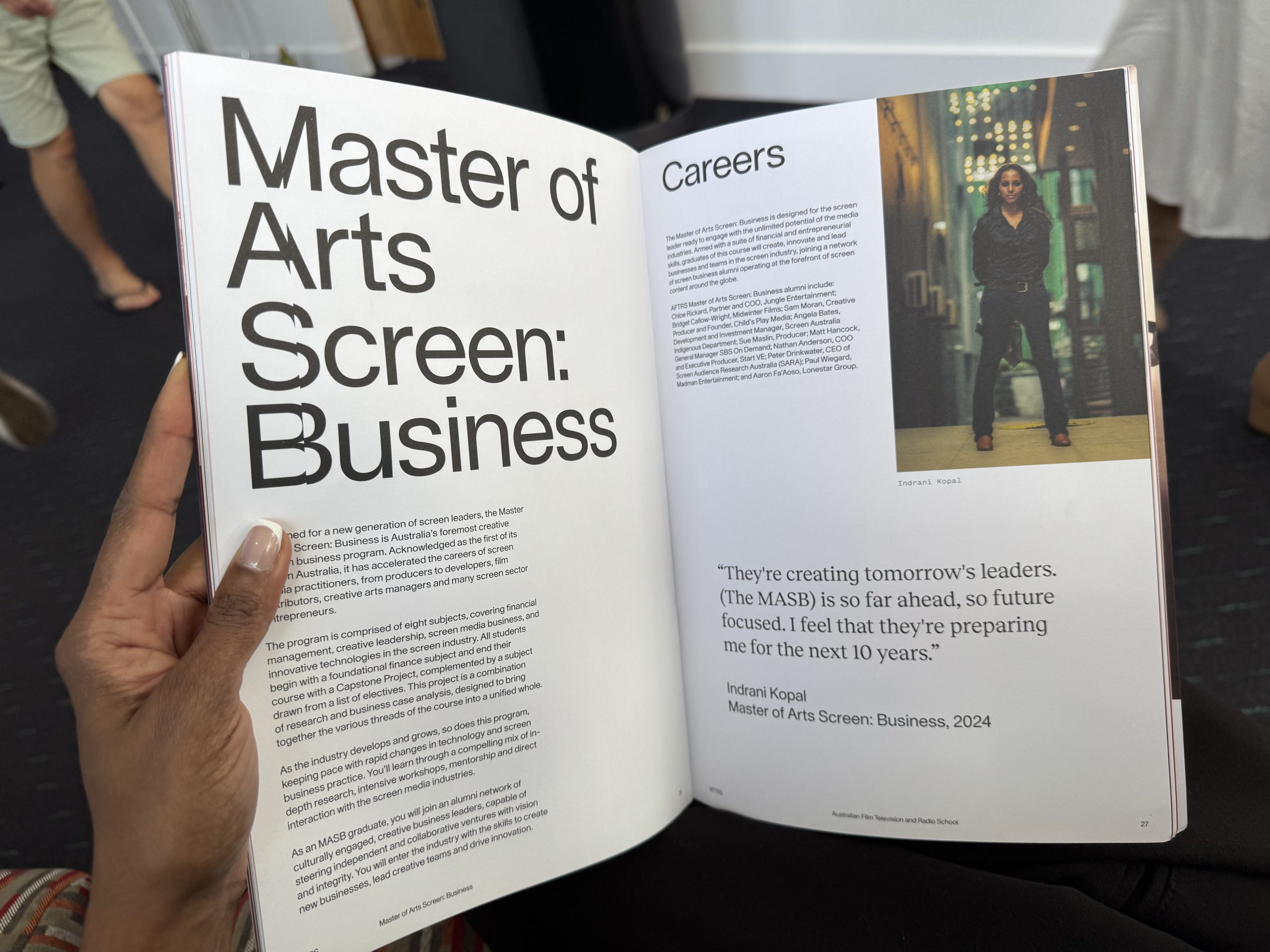
For my final research project, I developed a capstone titled (Re)Imagine Everyday: A Decolonised Cross-Cultural Filmmaking Framework. The journey essentially gave birth to the All Voices Film Project—a storytelling incubator designed to explore and support stories from Southeast Asian diasporic storytellers now living in Australia.
Drawing from my background in documentary and non-fiction storytelling, I became deeply interested in anthology filmmaking as a format that embraces collective authorship.
The research was inspired by the growing ‘collective’ mode of filmmaking movement around the world, but one in particular, an Australian collective called Karrabing Film Collective founded by anthropologist and filmmaker Elizabeth A. Povinelli.
By challenging dominant Western storytelling conventions, the decolonised filmmaking framework opens up possibilities for a more collaborative and inclusive filmmaking space—one built on co-creation. I began to wonder: could I pursue fiction storytelling by leaving behind predetermined structures and embrace a more communal-practice-based approach instead?
Naturally, many questions arise during this process. For instance, can this model be financially sustainable without compromising its inclusive and co-creative values?
The proposed framework may not fit into traditional production pipelines, but that’s the point. It is asking us to reimagine authorship, audience engagement, and production all at once. Legally and financially, it opens up a whole new conversation that I find exciting while embarking in this project.
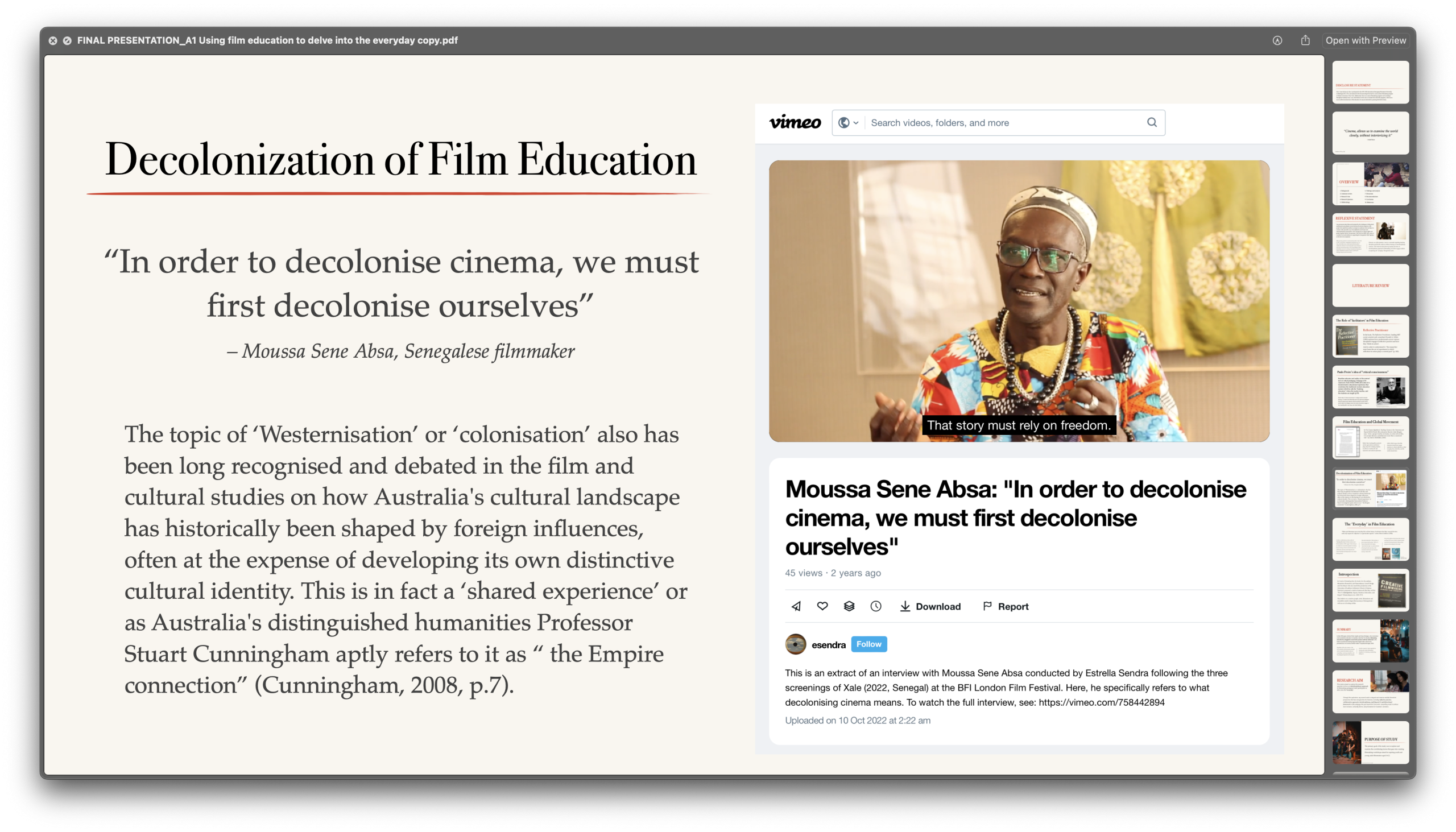
I am deeply grateful to the theorists and filmmakers who inspired this journey—Trinh T. Minh-ha, Jyoti Mistry, Hamid Naficy, and Abbas Kiarostami—each of whom has shaped my understanding of the idea of decolonisation and encouraged me to examine how our personal experiences—often shaped by colonial histories, socio-economic struggles, and systemic inequalities—can be translated into cinema.
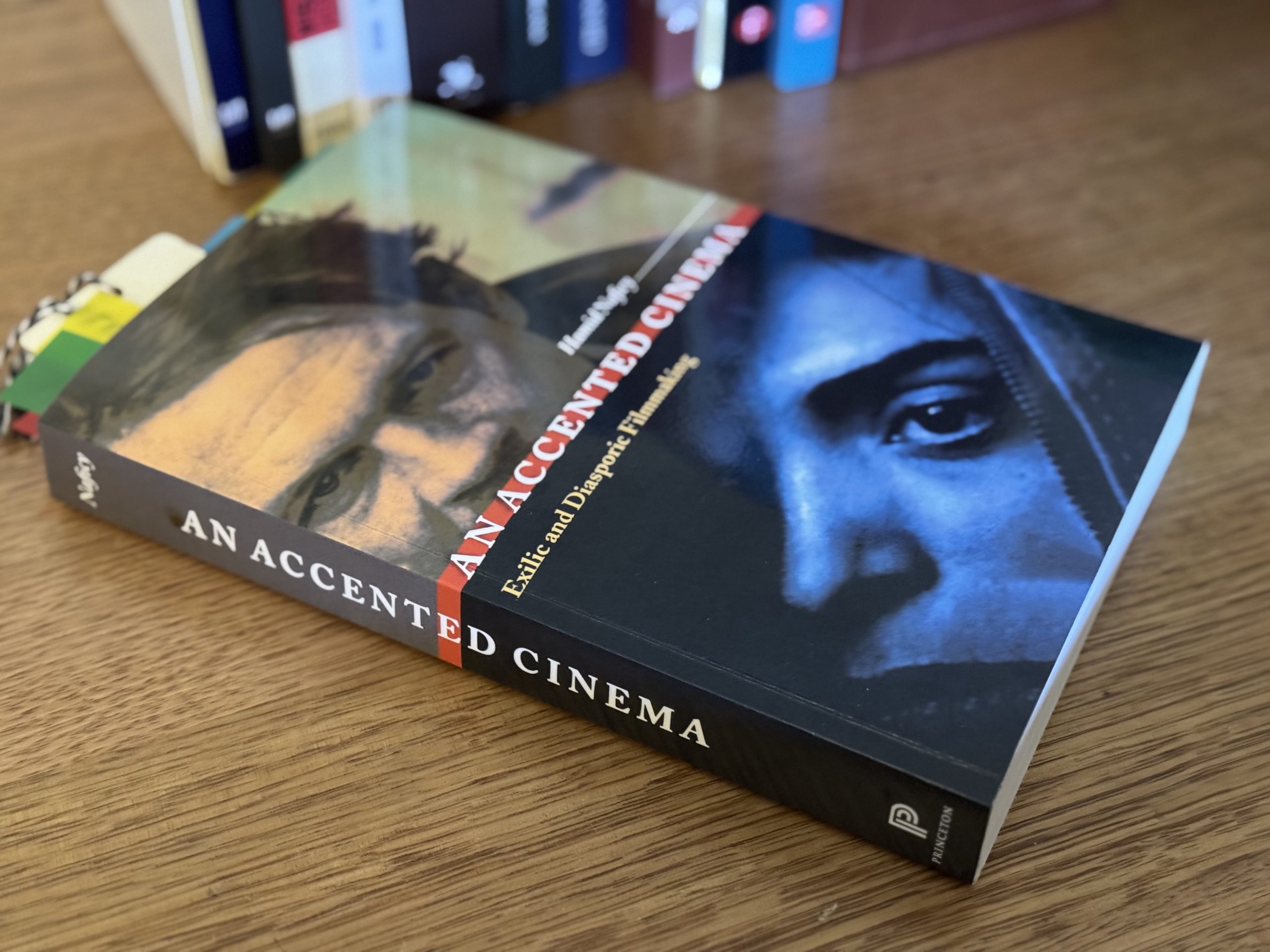
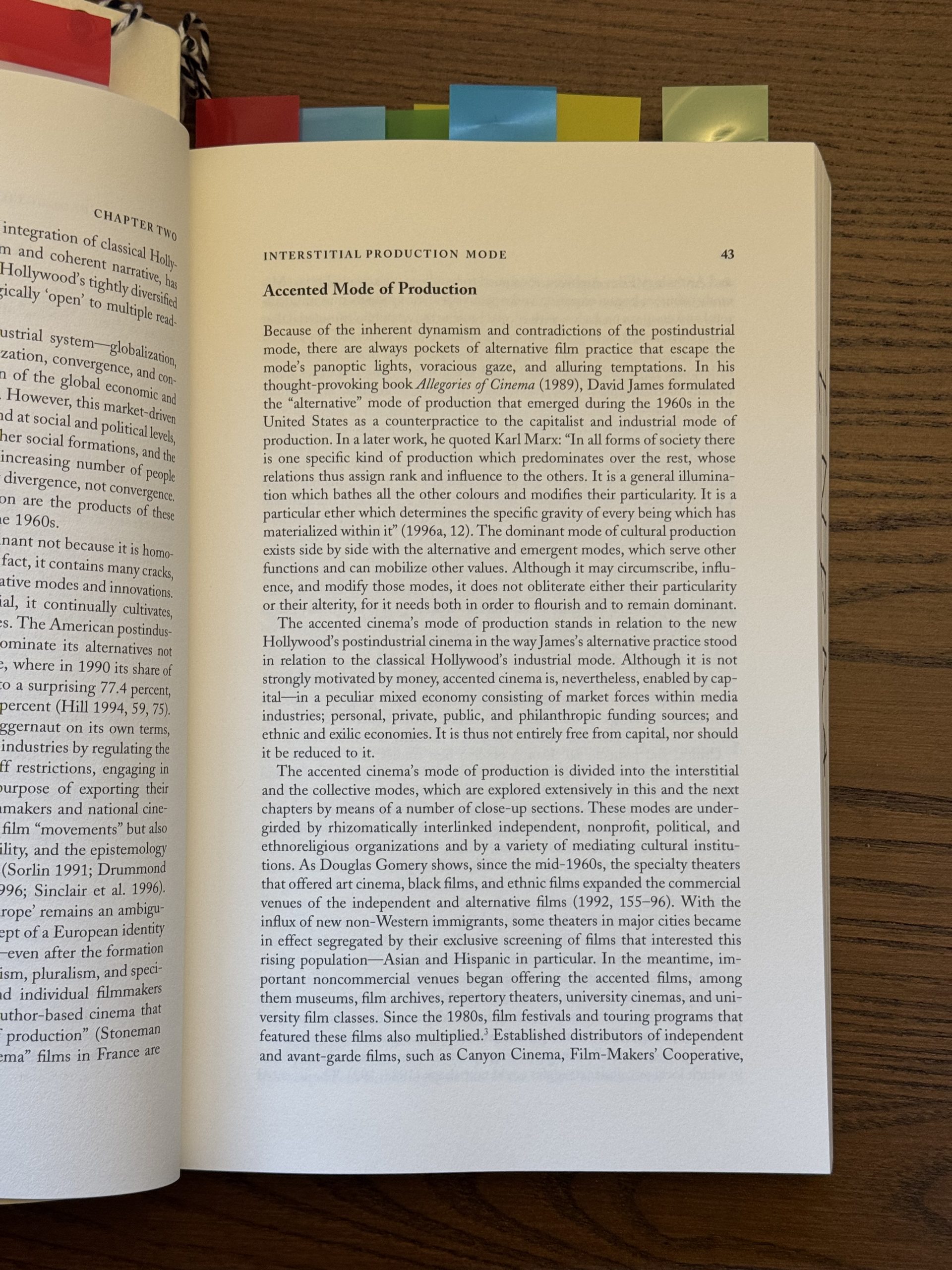
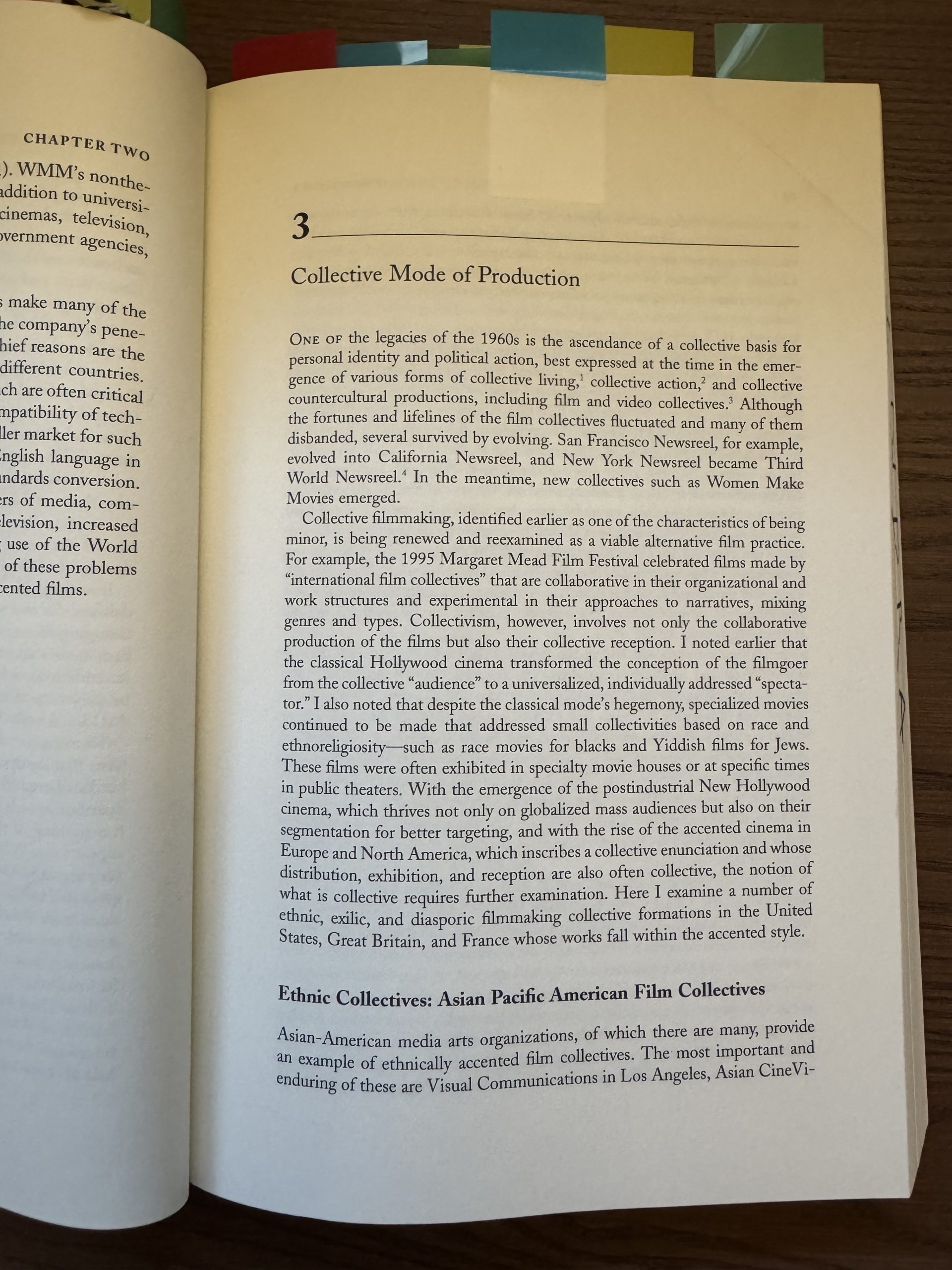
Indrani Kopal
1 May 2025
More lean, doable and less barriers!
Film Production
redefined!
Subscribe to my newsletter for curated tips, tools and resources
Subscribe to my newsletter for curated tips, tools and resources